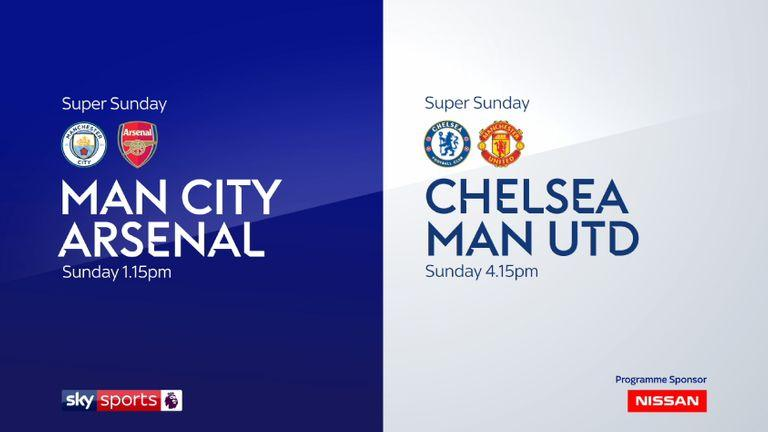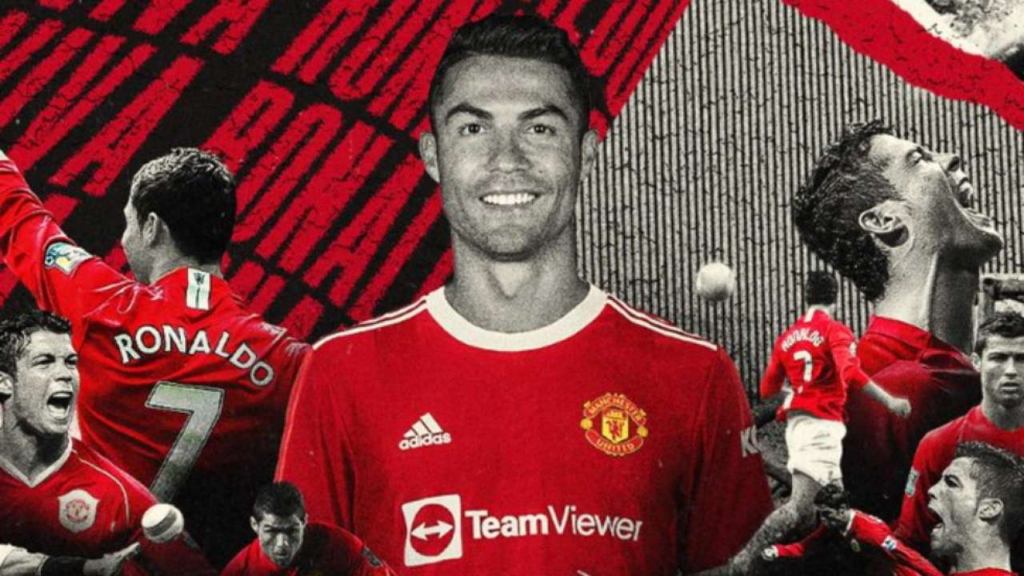Football teams in the United Kingdom have traditionally drawn the attention of local sponsors, but as the Barclays Premier League has risen in popularity across the globe, they have also attracted the attention of potential owners from other countries. Owning a football club has become the exclusive domain of the megarich and famous, from Roman Abramovich of Chelsea, to the Glazers of Manchester United and Sheikh Mansour bin Zayed al-Nahyan of Manchester City.
How do these Premier League clubs earn their revenue? Among those willing to purchase a Barclays Premier League team, it is possible that global investors are most interested because they believe they can structure the club to allow it to operate as a company. Revenue can be generated by matchday income, Commercial Activities, Revenue from Broadcasting, and Player Sales.
The 2014 FIFA World Cup Final was viewed by almost 1 billion people or one out of every seven individuals on the planet making the sport we all love one of the most popular sports on the planet. In addition to being a sport, football is also a multi-billion dollar business and a club must have to spend hundreds of dollars to provide the finest product to its followers. As a result, having adequate revenue is critical for the major clubs.
They can no longer depend only on matchday income to ensure that their club remains a going concern into the future. As a result, many intriguing revenue sources have developed throughout the year and teams have become wealthier, especially those that continue to play in the upper echelons of the Premier League.
Matchday Income
Matchday income consists of money generated by clubs through matchday ticket sales, hospitality, and other revenue-generating activities like food and beverages. During the first Premier League season, matchday income accounted for approximately 50% of total revenue. However, as teams have discovered alternate streams that figure has declined to approximately 13% in the current environment.

Many clubs in the Premier League are also now either planning to increase their seating capacity in their stadiums are planning to build a new stadium with a bigger seating capacity than their existing stadium. This would be dependant on the club finding a finance avenue to build the stadium in the form of either an increase in their debt structure or financing by the owner of the club.
The Covid pandemic has further reduced matchday income for football teams by restricting fan access into football stadiums. As a result, a significant source of revenue has been reduced, as has the cost of maintaining the ground’s condition. Premier League clubs claimed massive losses as a result of a lack of matchday income for the 2020/2021 season. With vaccination programmes ramping up worldwide, the matchday revenue problem could be alleviated in the current football season.
Revenue from Commercial Activities
Commercial revenue is the most important source of income for the top fifteen teams in the Deloitte Football Money League whilst the teams outside of the top 15 rely more on broadcast income. It includes income sources like sponsorship, merchandising, off-season overseas tours, and other lucrative activities.

Broadcast and commercial income often go hand in hand. As matches are televised across the globe, the top-performing teams gain new followers daily. These devoted fans tune in regularly to see their favorite teams compete and this provides an appealing opportunity for companies to partner with these teams to promote their products to the supporters of those teams.
So, at this point, every major team is a valued asset to sponsors, and clubs get eye-watering sums of money from these corporations. The strategy for increasing commercial revenue is the same as it is for increasing any other kind of income in more on-field success to build the brand.
Revenue from Broadcasting
Broadcasting money is one of the most significant sources of income for most teams. This source of revenue comes as a result of TV networks paying Premier League participants massive sums of money to broadcast their matches.
The money is subsequently shared among the competition’s participating teams by the League. Unless a club has a big worldwide reputation, television money is the main source of income for most teams in the Premier League. For example, for Premier League perennial lower league clubs such as Burnley or Norwich, television income may account for 60-70 percent of overall revenue.

However, for a club like Manchester United, television income only accounts for approximately 38% of total revenue because of their established alternative sources of revenue. The extraordinary expansion of this industry as more broadcasters gain rights to telecast the main leagues explains why this income stream is so important.
This equitable allocation of broadcast money has boosted the financial clout of mid-table Premier teams while also making the league more competitive. This is because teams no longer have to depend on selling their top players to earn money since broadcast income keeps them in the black.
Sales of Players
Clubs with a tiny stadium and lacks a worldwide brand have to be creative in how they generate the bulk of their revenue. These clubs will spend a bigger than usual percentage of their current income on their academy. They will nurture and buy skillful youth players and bring them through the academy into the first team.

They will then sell their most valuable asset—the players—for exorbitant prices. Over the years, teams like Borussia Dortmund, Valencia, AS Monaco, and Ajax have purchased or nurtured young players for pennies on the dollar and then polished their talents for a few years. They then sell them for enormous sums to the world’s finest clubs. This is a financial strategy that assists self-sustaining teams in staying profitable while remaining competitive.
AS Monaco, for example, earned a net profit of approximately €319 million by selling their teenage stars Mendy, Bernardo Silva, and Fabinho to Premier League giants Chelsea, Manchester City, and Liverpool respectively for considerably higher sums than they were purchased for.
The Elite will remain elite – For Now
While teams like Manchester City, Chelsea, and Manchester United have maximized their commercial income, nothing improves a club’s revenue more than on-field success. Supporters of the English Premier League want to see the best players in the world playing their trade for their respective clubs, and when Cristiano Ronaldo and Romelu Lukaku roll into town, stadiums will be packed to the rafters to come and see them in the flesh.
Commercial revenue, broadcast revenue, matchday income, and money from player sales are the most important revenue streams for teams. Clubs that diversify their revenue streams are more financially savvy and are less likely to suffer financial setbacks when one revenue source fails to produce.
